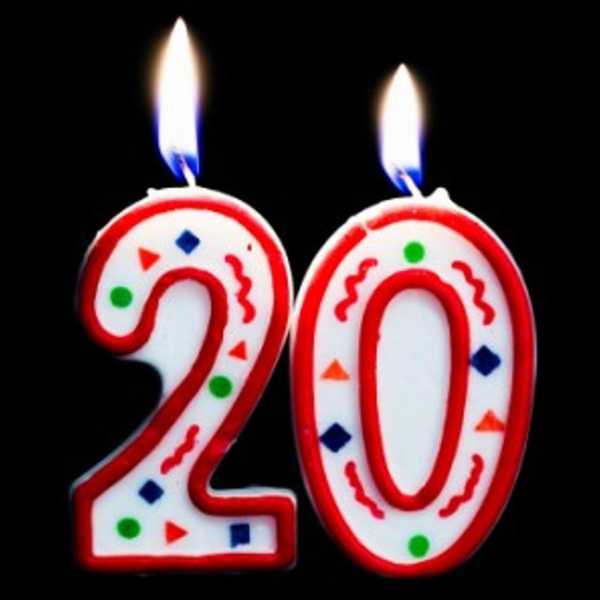Sleep. It's our sacred period of time for our bodies to regenerate, make sense of the day, rest, and prepare for the next day ahead. With thoughts of due dates, conversations throughout the day, unsolved issues, made up scenarios, and other random images floating through our heads, it can be difficult for our active minds to turn off.
That's where our dreams come in to play.
Although there have been many speculations and theories about the meanings of dreams, dreams are often our subconscious' way of piecing together our lives. It's our brain's time to tie together all loose ends, and make sense of what it doesn't know.
Of course, neuroscientists have determined and stand by the evidence that dreams are meant to remember and store memories throughout our day. Like the rest of the body during sleep, the brain takes its time of rest to weed out the less necessary memories, and store the good ones in our long-term memory. Our dreams, therefore, are simply random products of a normal neurological process.
But, at least for people like me, that's just too scientific.
What about the definitions that dream dictionaries provide? What about a visit from a loved one who has passed away in our dream? What about all the other bizarre dream scenarios that leave us confused when we wake up in the morning?
Well, for starters, any person you see in a dream is actually someone you have encountered in real life. Think of all the bustling city streets, concerts, and events you have gone to in your entire life – all of the people you made fleeting eye contact with may very well star in your next dream. This goes to show that although dreams may feel completely random yet packed with meaning, your brain is actually just remembering (or possibly throwing away) some useless information, like the face of a stranger.
My most bizarre and uncomfortable memory of a dream is my teeth falling out. Looking up the dream definition of what this meant gave me so many ideas of how it related to my life. Although some scientists argue this to be a self-fulfilling prophecy, others make meaning of it through the Neurocognitive Model of Dreaming. This combines the scientific and spiritual side of dreams, determining that yes, dreams are a means of memory coding, but no, they are not random. The theory argues that dreams are often guided by our current mental and emotional state. So, although dream dictionaries insist that my losing teeth dreams mean I'm struggling to hold my life together and am lacking social support; it could really stem from my current anxiety levels, finding their way into my sleep.
Another spiritual outlook of dreams comes from our desire to feel connected to something, usually our loved ones who have passed on. Dream dictionary websites will tell you that it's a sign of good news to come, of bad times around the corner, or that the person is trying to communicate with you to show you they're there. Unfortunately, as comforting as this may feel, psychologists argue that it really is our own mind's way of making sense of their death, and possible rehashed feelings of guilt or depression around it.
With science dominating this 'field' of dreams, it can be difficult to even argue for the spiritual meaning of dreams. Whichever side of dreams you stand on, science or spiritual…it is still fun to read dream dictionaries the morning after a weird dream.



















